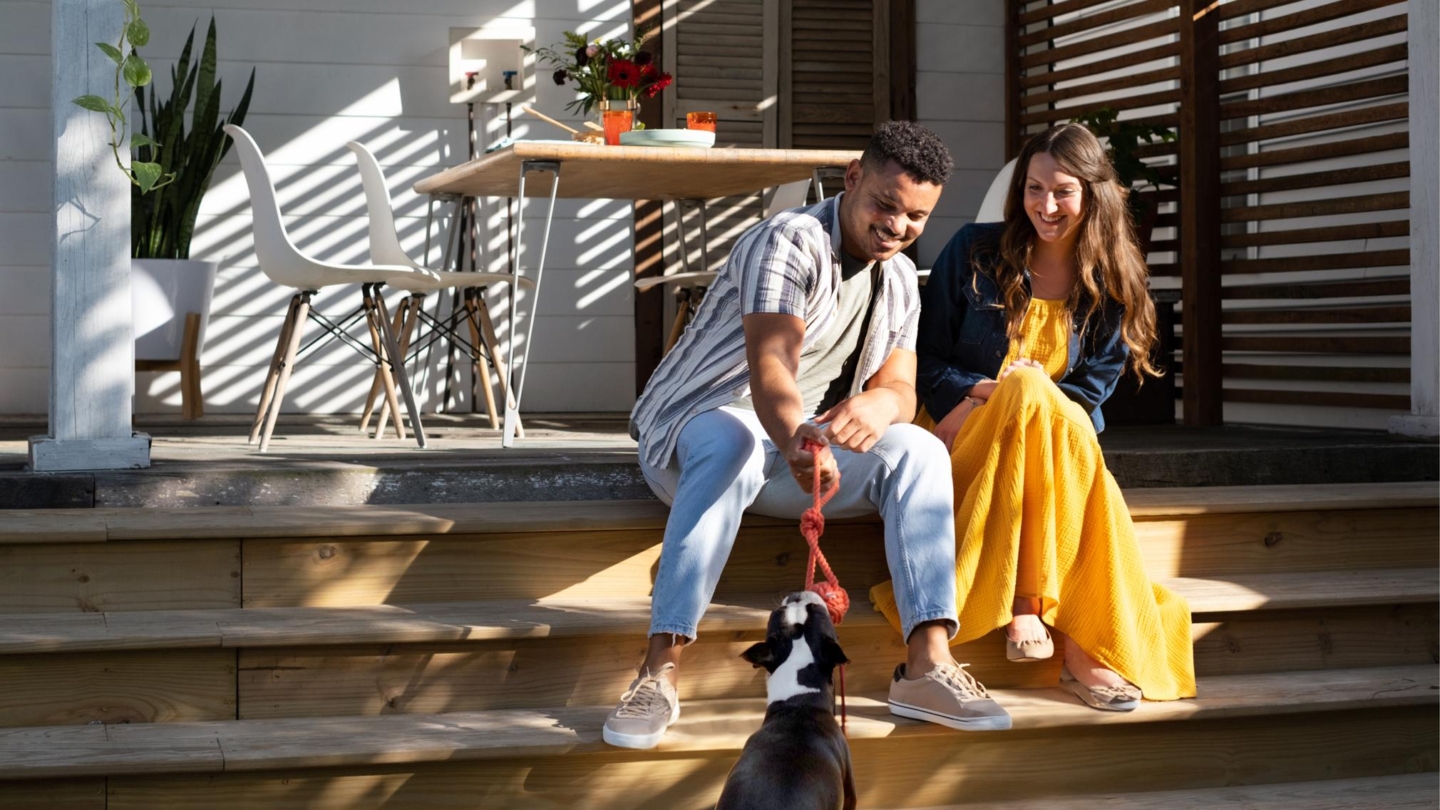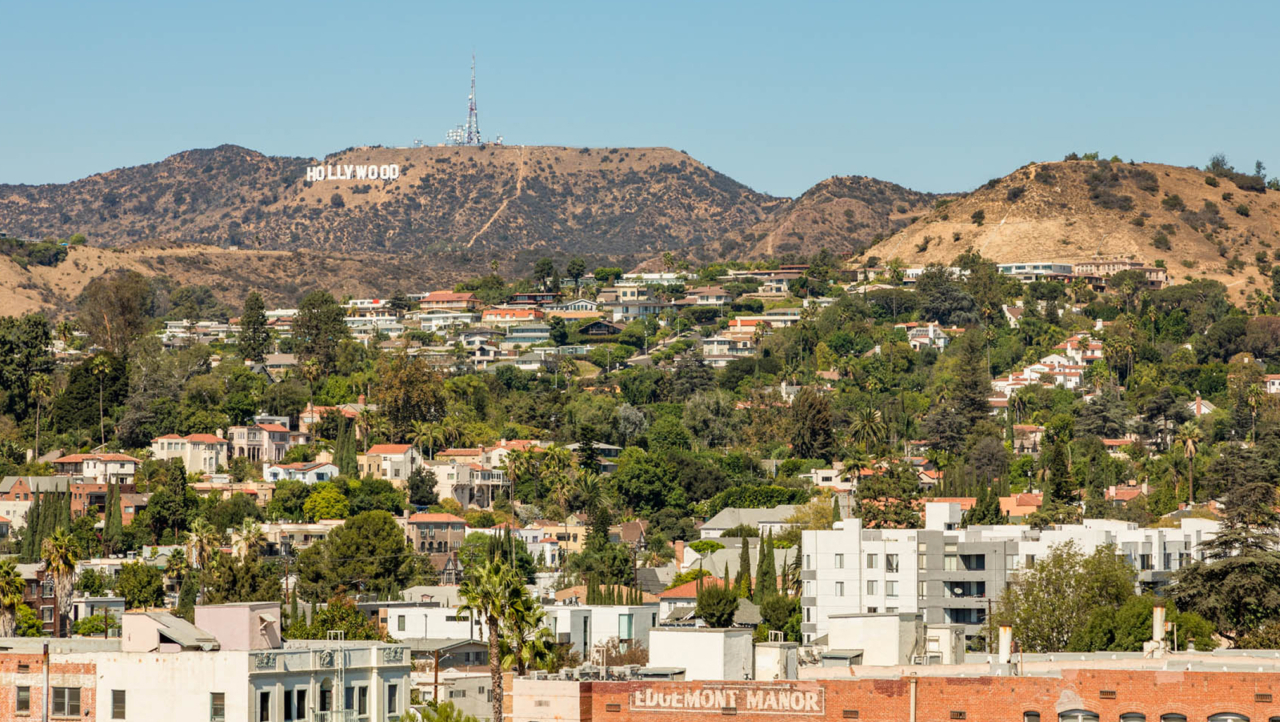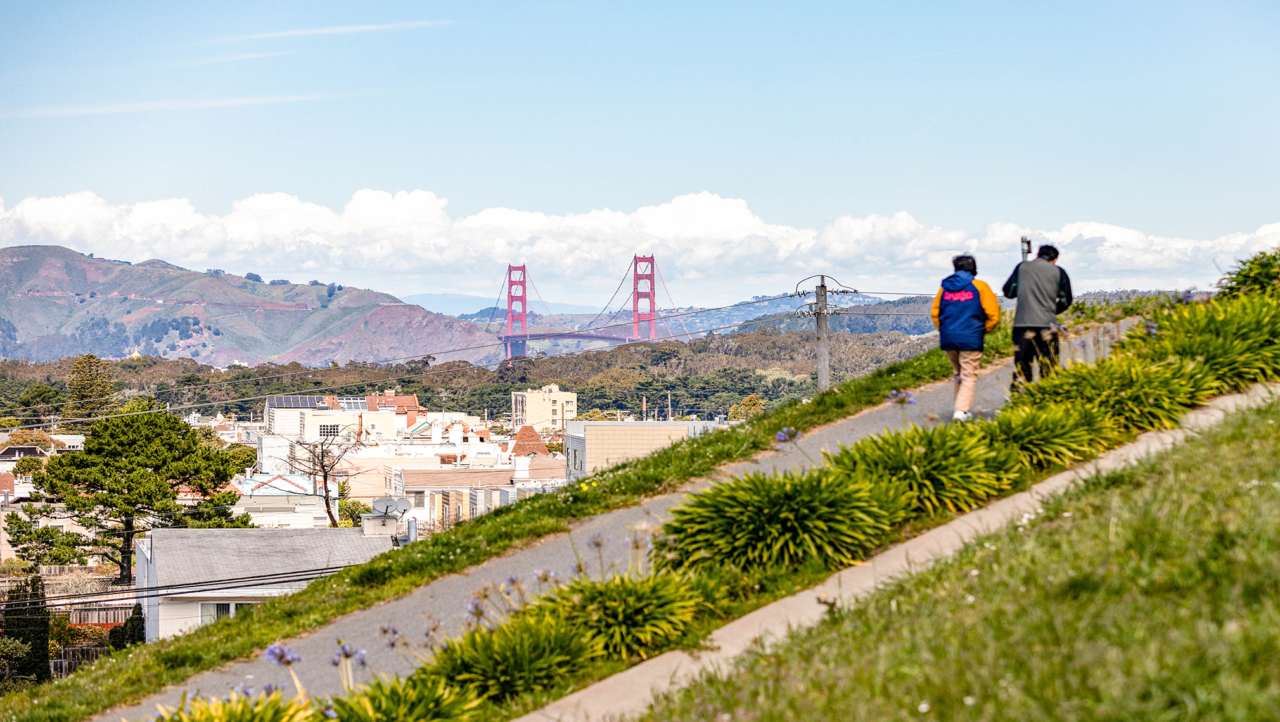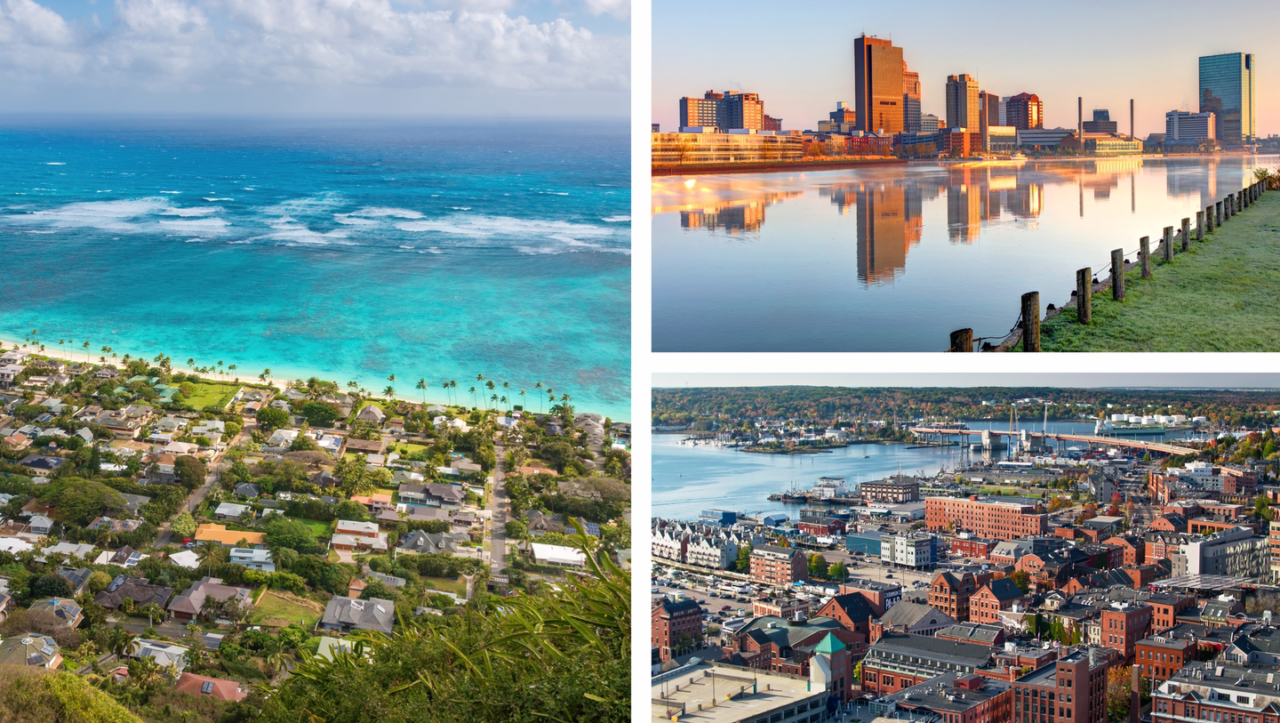9 Questions to Ask When Renting an Apartment
Before you begin browsing rentals, ask these questions to focus your search.

Written by Emily White on April 16, 2024
When setting out to find a rental, it’s important to establish “must-haves” — things you can’t compromise on. If too many compromises are made in the hunt, you might end up with a place that doesn’t work. Here are nine questions to ask when renting an apartment to help you articulate your needs and figure out your deal-breakers.
1. How much can I afford?
Zillow’s Rent Affordability Calculator will help you get a realistic sense of what you can pay for an apartment. Utilities need to be factored into your monthly payment, so be sure to ask the property manager or landlord how much utilities cost on average for the building you’re interested in. Remember to take into account which utilities the rent price includes and which ones you’ll have to pay. Ones to consider include:
- Electric or gas
- Water
- Sewer
- Garbage collection
- Internet/cable
Don’t forget to include line items in your budget, like parking fees, storage and pet deposits. You should also plan on paying renters insurance, since most landlords and property managers require it. For more information, see why renters insurance is important, and consider coverage through Zillow Insurance Services. Plans start at less than $9 per month.
2. What kind of property do I want?
When shopping for rentals, you might encounter everything from single-family landlord-run properties to multifamily apartment complexes run by management companies. In smaller properties, like single-family homes or duplexes, you’ll usually know your neighbors and may talk face-to-face with the building’s owners. In larger properties, you might never see the same people twice, and you’ll correspond with owners through a rental platform. You may want to factor in potential noise in apartment complexes if quiet living spaces are important to you.
3. How much square footage do I need?
Did you know on the Zillow app, you can search by min and max square feet in addition to the number of bedrooms and baths? Ask the landlord or property manager if you can see a floor plan with square footage per room — this can be especially handy if you’re living with roommates and want to assess the size of the bedrooms. If you’re looking at a multifamily building, ask the property manager if you can see various room configurations to find one that best fits your needs.
Remember, if you have furniture items you know you want to take with you from your current home, take measurements to help determine what size space you may need. Maybe you can imagine your favorite piece of furniture in a certain space, but steer clear of the moving disaster of, “Uh-oh it doesn’t fit.”
4. Are pets allowed and what are the pet policies?
In tight rental markets, it’s not uncommon to have pet restrictions on rental homes. If you have a pet, one of the top questions to ask when renting an apartment is does the landlord allow pets, and if so, do they have any breed restrictions? You’ll also want to know if there is a pet deposit or pet rent you'll need to pay.
5. What amenities or shared facilities are included?
Think about what amenities are non-negotiable for you in a rental home, and which are just nice to have. Non-negotiables commonly include on-site laundry, a dishwasher and high speed internet. Nice-to-have amenities, like a pool or storage space, might correlate with higher rent, so think about whether you’ll really use them. Be sure to address any accessibility needs you might have, like ramps or elevators.
6. What are the parking options?
The landlord or property management company may offer a pay-to-park option (a garage or a reserved spot). This is also something you’ll want to factor into your budget because pay-to-park rates can be significant, especially in urban areas. If there is only street parking available, make sure you are comfortable with the amount of time it might take to find a spot at different times of the day.
7. What will my daily commute be like?
If you’re a bus- or train- rider, you might be drawn to apartments that promise an “easy commute.” Fact-check by looking up real-time traffic, the walking distance to the subway or bus stop, and various schedules. Many cities have created a one-stop internet resource for public transit information.
What's more, many rental Listings on Zillow include a Walk Score®, Transit Score and Bike Score® so that you can gauge what it's like commuting around the neighborhood. For example, if biking is important to you, look for homes with a Bike Score rating of 90-100, which indicate that daily errands can be accomplished on a bike. Click on the score to view more in-depth information, including a map of the nearby amenities, like restaurants and shops.
8. What kinds of security measures are in place?
Large, urban apartment complexes often use keyless entry FOBs for access to the building and the elevators. A smaller landlord-run property will have varying levels of security — some might be laid-back about locking doors, while others might have sophisticated smart lock systems. Consider how important security is for your peace of mind.
9. What are your must-haves in terms of light, noise or the view?
When searching for a rental, it can be easy to fall for the space itself. Perhaps it boasts charming architecture, ample storage space and updated fixtures. An important question to ask when renting an apartment is whether you'll be happy with the aspects of living there that are more difficult to change. Is it important for you to have a kitchen window with a view when making dinner, or would a standard galley kitchen suffice? If morning light is a necessity, you’ll want to ensure your unit is situated so that you have east-facing windows. These are values to consider on your rental journey.
For more information and inspiration, read Questions to Ask Your Landlord.
Find an apartment you’ll love on Zillow
With Zillions of up-to-date listings and filters for your must-haves, it's easy to find your perfect apartment on Zillow Rentals.
Search rentals


